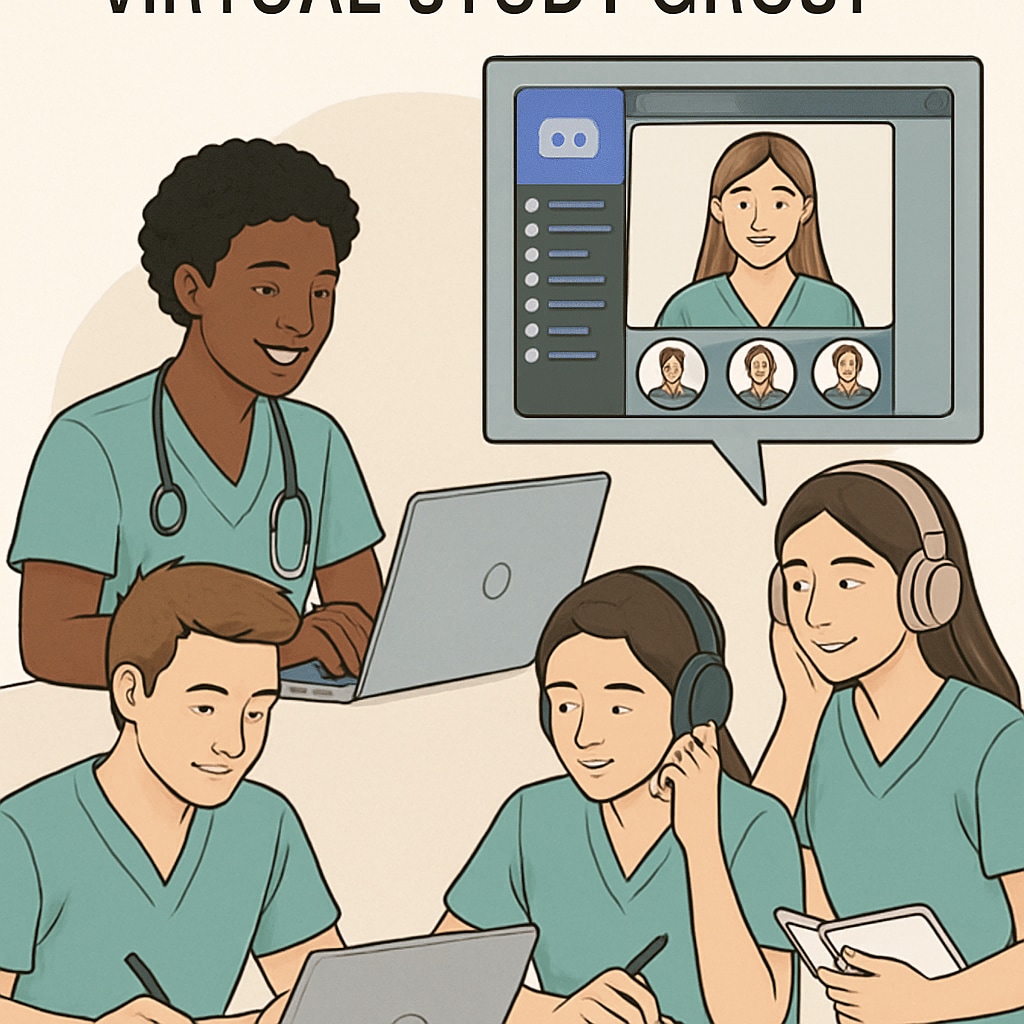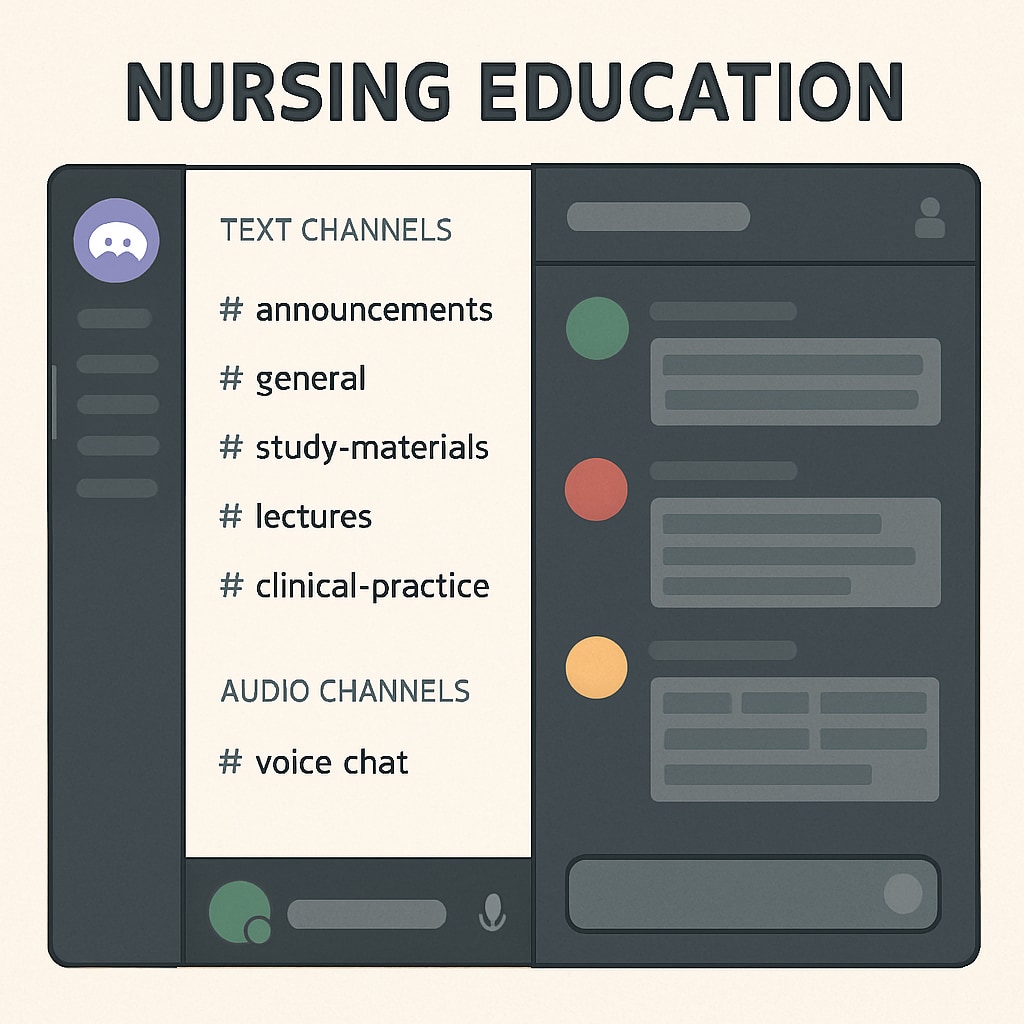The advancement of technology has transformed education across all fields, and nursing students are no exception. Platforms like Discord offer innovative ways to create and engage in study groups that can significantly enhance learning outcomes. In this guide, we explore how nursing students can utilize Discord communities and other online study groups to improve their academic performance and professional development.
Why Online Study Groups Matter for Nursing Students
For nursing students, collaboration and peer support are essential for grasping complex topics and ensuring practical readiness for clinical environments. Online study groups provide several advantages:
- Accessibility: Students can connect from anywhere, eliminating geographical barriers.
- Flexibility: Study sessions can be scheduled around busy school and clinical schedules.
- Resource Sharing: Members can share notes, videos, and other learning materials instantly.
- Community Support: Engaging with peers fosters a sense of belonging and motivation.
Platforms such as Discord have emerged as popular tools for creating collaborative learning spaces tailored to nursing education.

Setting Up a Discord Study Group for Nursing Students
Discord, originally created for gamers, has evolved into a versatile platform suitable for educational purposes. Nursing students can leverage its features to create organized, interactive study groups. Here’s how:
- Create Channels: Use dedicated channels for different subjects such as anatomy, pharmacology, and clinical case discussions.
- Enable Voice Chat: Voice channels allow live discussions, making it easy to simulate classroom-like environments.
- Utilize Bots: Bots can be used to automate tasks such as reminders for group study sessions or quizzes.
- Share Resources: Upload PDFs, videos, and links to external resources for easy access.
When managed effectively, Discord study groups can become a hub of collaboration and knowledge exchange.

Additional Tips for Success in Online Communities
While platforms like Discord make digital collaboration seamless, nursing students should follow key strategies to maximize their experience:
- Set Goals: Define clear objectives for the study group, such as mastering specific topics or preparing for exams.
- Encourage Participation: Foster active engagement by assigning roles or tasks to group members.
- Maintain Professionalism: Treat online interactions with the same respect and decorum as in-person discussions.
- Seek Feedback: Regularly evaluate the group’s effectiveness and make adjustments as needed.
Additionally, nursing students should explore external resources to supplement their learning. Websites such as Britannica’s Nursing Overview and Wikipedia’s Nursing Section provide foundational knowledge that can be referenced during group discussions.
Building a Digital Pathway for Future Nursing Professionals
As nursing education becomes increasingly digital, students must adapt by embracing innovative tools and practices. Online study groups, particularly those hosted on platforms like Discord, provide an excellent opportunity for collaboration, resource sharing, and professional growth. By joining or creating these communities, nursing students can prepare themselves more effectively for the challenges of their academic and clinical journeys.
In conclusion, leveraging online study groups and Discord communities is not just a convenience but a necessity in today’s fast-paced educational landscape. With the right strategies and tools, nursing students can take their learning experiences to new heights.
Readability guidance: Ensure short paragraphs for readability. Use lists for summarizing tips and strategies. Incorporate transition words to maintain flow and cohesion between sections.


